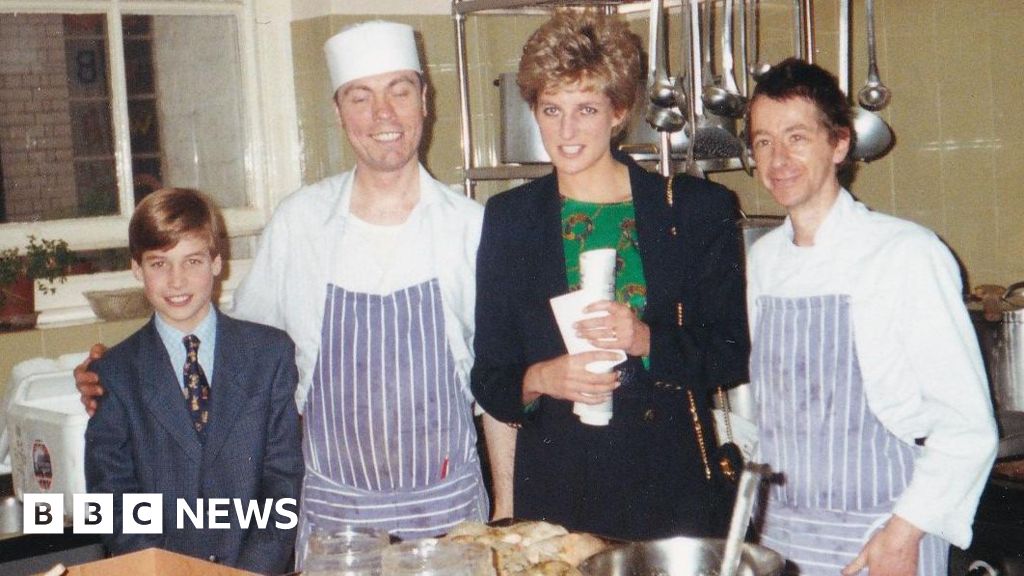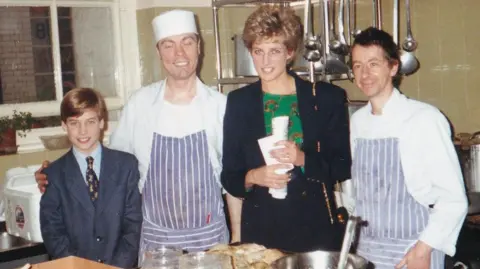 The Passage
The PassageThe Prince of Wales says “inspiration and guidance” from his mother, Diana, has been a driving force behind his personal commitment to tackle homelessness.
In a forthcoming ITV documentary, Prince William talks about the profound impact of visits he made to The Passage homelessness shelter with his mother when he was a child – and how it helped him see “outside the palace walls”.
The prince admits he sometimes feels guilty about not being able to do more – and wants to share with his own children a sense of empathy for those facing hardship.
“When I was very small, my mother started talking about homelessness, much like I do now with my children on the school run,” says the prince.
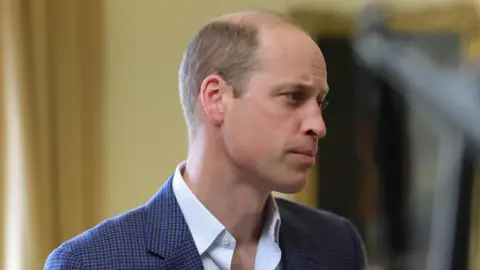

If passion projects reveal something about what drives someone, then perhaps his support for The Passage charity is key to unlocking Prince William’s character.
The Westminster-based charity provides assistance and friendship for London’s homeless and helps them into secure accommodation.
Forged by childhood memories of visits with his mother, the prince’s longtime support for the charity has provided the foundation for his current Homewards project, set up to tackle homelessness across the UK.
“My mother took me to The Passage. She took Harry and I both there. I must have been about 11, I think, probably, at the time. Maybe 10. I’d never been to anything like that before. And I was a bit anxious as to what to expect,” he says in the ITV documentary, Prince William: We Can End Homelessness.
“My mother went about her usual part of making everyone feel relaxed, and having a laugh and joking with everyone.
“I remember at the time, kind of thinking, well, if everyone’s not got a home, they’re all going to be really sad.
“But it was incredible how happy an environment it was,” recalls Prince William.
The Passage has revealed four previously unseen photos of the prince visiting their London base with his mother, the princess, in June and December 1993.
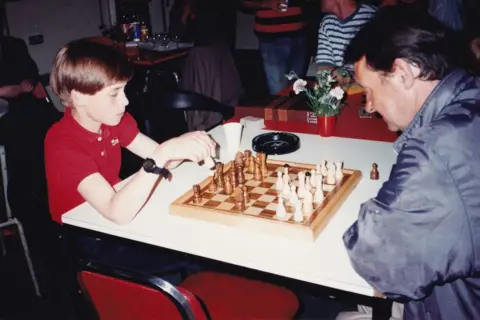

“I remember having some good conversations – just playing chess and chatting,” says the prince, of his childhood visits to The Passage.
“That’s when it dawned on me that there are other people out there who don’t have the same life as you do.”
Prince William became the charity’s official patron in 2019, but those visits have continued both publicly and privately throughout his life, often for hours longer than scheduled.
In the ITV documentary, the prince is filmed serving food and clearing up at The Passage’s Christmas dinner, hugging some of the regular visitors there. He is even seen being bossed around by the charity’s head chef, Claudette Dawkins, as she organises her royal helper.
He speaks about his concern for some of the homeless he encounters “who are in really bad place… It’s like you want to just protect them”.
Over the years, the prince says he has spent a lot of time gathering information about homelessness – now he wants to do something practical to prevent it.
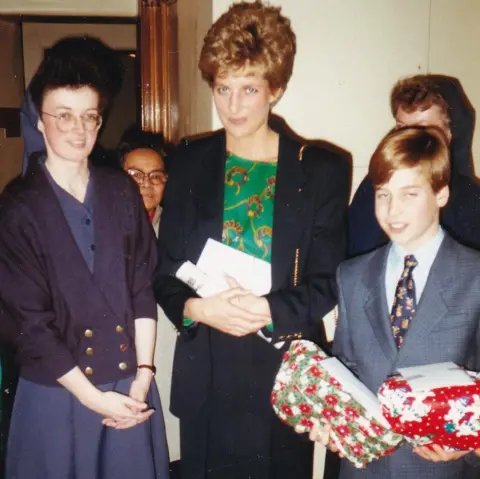

The prince addresses the question of his own privileged status – and argues that the point of having such a big public platform is to put it to good use, by taking action on issues such as reducing homelessness.
“I feel, with my position and my platform, I should be delivering change,” he says.
“I’ve spent enough time learning and listening to what people have been through that I feel almost guilty every time I leave that I’m not doing more to help.
“I feel compelled to act, because I don’t want to just talk about it. I don’t want to just listen. I actually want to see someone smile because their life has been made better,” says the prince.
“Building a project is the only way I can see, at the moment, to try and alleviate [the problem], and help people who are in a much less fortunate, or in a very difficult, situation.”
Mick Clarke, chief executive of The Passage, says of Prince William’s visits: “I think he feels most at home when he’s just chatting away with our clients and hearing their stories.
“People can get very nervous, but he’s very good at putting people at ease.”
Prince William’s Homewards project, which has six flagship locations across the UK, aims to show homelessness is not inevitable.
“The ultimate ambition is to prove that we can prevent homelessness in these regions, so then others will come along and go, well, if they can do it, why can’t we?” says the prince.
It draws on the experience of Finland, where homelessness was effectively reduced by a policy of providing secure accommodation for people, with wrap-around support for contributory issues such as mental health problems and addiction.
Among those William speaks to over the course of the film is Sabrina Cohen-Hatton, who went from being a rough sleeper to becoming a chief fire officer. She has used her own lived experience to advise the prince’s current project.
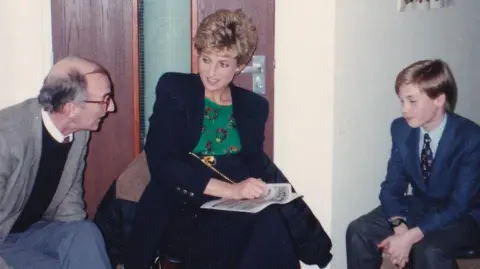

Lord John Bird, the forthright founder of the Big Issue, has warned of decades of failed initiatives to tackle homelessness, but has nonetheless backed the prince’s intervention.
“I am very impressed that a young man who has got young children and could go and live the life of Riley, has decided to make a stand for the work that he wants to do, and the work that his mother did.
“Princess Diana was probably the only personality who shone a light on homelessness.
“What she was saying is, these are human beings and I’m going to address myself to it. And I think that her son, William, has said, this is the legacy.”
Prince William: We Can End Homelessness, ITV1, 30 and 31 October, 21.00.



